More Australians race into EVs as Cannon-Brookes splashes cash on climate ambitions
Australia is defying a global slowdown in electric vehicle sales as a fund backed by tech billionaire Mike Cannon-Brookes steps up investments on clean energy projects.
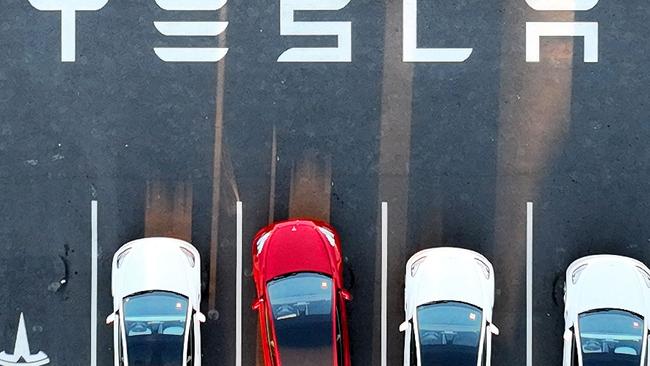
Australia is defying a global slowdown in electric vehicles sales, with a fund backed by Mike Cannon-Brookes revealing that EVs are now accounting for about one in 10 new cars sold. But the tech billionaire says the country still has a long way to go in meeting its 2030 climate goals.
Mr Cannon-Brookes’s Boundless Earth is selecting a new area of investment every three months, with the aim of ensuring Australia achieves its target of slashing emissions by 43 per cent by the end of the decade.
One of his first investments - EV importer The Good Car Company, which he tipped $10m into late last year - has already begun to pay off. At the time of the investment, EVs accounted for about 2 per cent of new car sales in Australia.
That figure has now surged to almost 9 per cent and is on track to exceed Mr Cannon-Brookes’s target of EVs accounting for 10 per cent of car sales by next year.
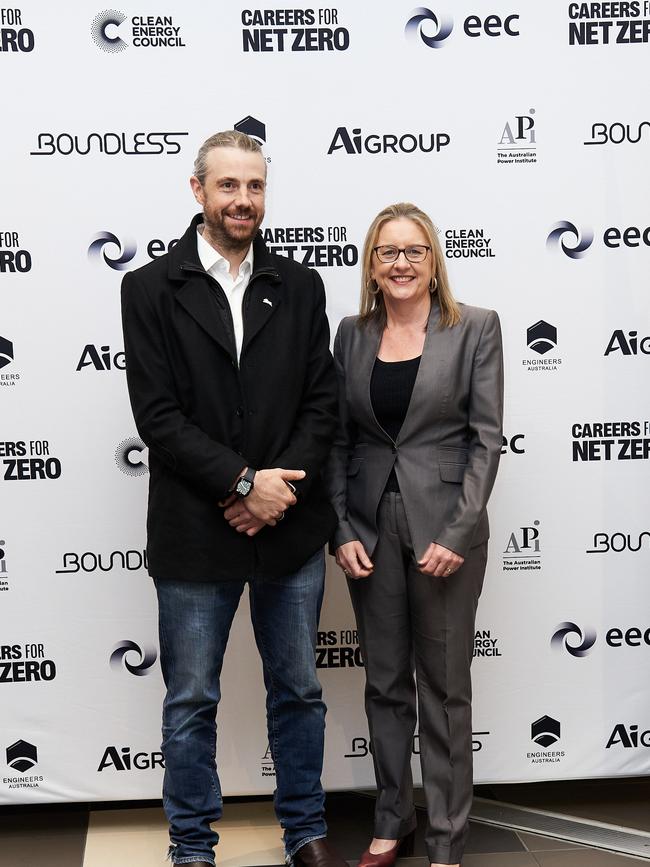
Boundless’s data is backed up by latest data from the Federal Chamber of Automatic Industries, which revealed that battery electric, hybrid and plug-in hybrid car sales accounted for almost 18 per cent of new car sales in July.
But car makers are divided about the best way to approach the Australian market. Toyota - the top selling brand in the country - believes that hybrid petrol cars are better fit for most Australians in the short-term, putting it on collision course with Tesla - the nation’s most popular EV brand.
Regardless, Mr Cannon-Brookes said climate activists needed to spend less time advocating for the closure of coal-fired power stations and telling Australians to stop driving petrol cars to advance the green-energy transition.
Boundless Earth chief executive Eytan Lenko said crucially it means telling Australians more about what’s in it for them, rather than calling for sacrifices.
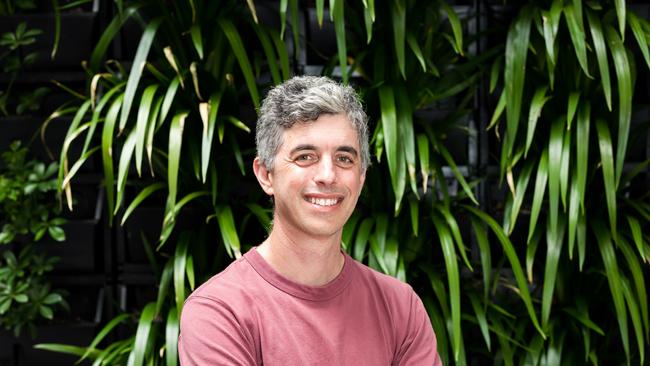
“It‘s not about sacrifice or having to live in the dark or having to get back on a horse and carriage. An EV is a better car than a petrol car. An electric home is a better home, it’s more comfortable to live in,” Mr Lenko said.
“The history of the climate movement is that we didn’t always have the solutions 20 years ago, 30 years ago - the technology didn’t exist. So if you’re worried about carbon emissions, the only thing you could do to stop carbon emissions was to stop those activities.
“Now the technologies do exist, through a lot of hard work, and the economics have come into line. So EVs are pretty much cost competitive now. Solar is cost competitive. One in three houses in Australia have solar on their roof. So we really can confidently talk about the opportunity and what‘s in it for us.”
Boundless aims to invest in new green “topic” every three months to help ensure Australia meets its climate change-busting ambitions. Mid last year, the Albanese government set a new target to slash emissions by 43 per cent compared with 2005 levels by 2030 - a 15 percentage point increase on Australia’s previous 2030 target.
Mr Lenko said technology and shifting more people into clean energy jobs was crucial to helping meet this goal, with Boundless also making an undisclosed investment in career classified site Terra.do - which Mr Cannon-Brookes branded a green version of Seek.
“When we first had the idea for Boundless, there were 100 months left until 2030. To tackle this in a unique approach to philanthropy, our background in software development led us to adopt the ‘Epic’ model,” Mr Lenko said.
“In an Epic, teams break a complex body of work down into digestible components, whilst working towards a bigger goal.
“One of these epics was the EV epic and Home Electrification Epic. For the EV Epic we identified that for Australia to reach a tipping point of 10 per cent of new car sales to be EVs by 2024, we needed to engage the right strategic partners in a conversation with government.”
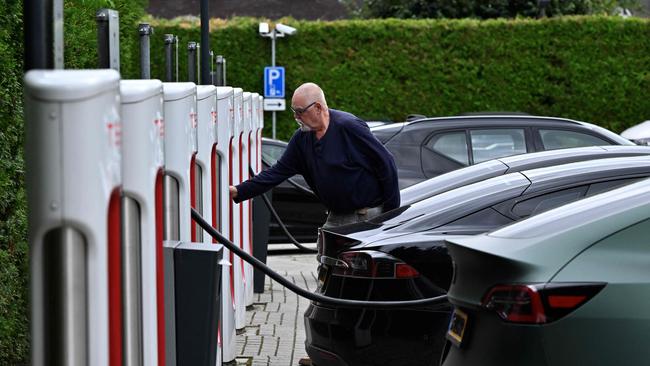
This included Boundless funding the National EV Summit in Canberra in August last year where the federal government announced its fuel efficiency standards and a National Electric Vehicle Strategy.
“The government is currently in consultation and we look forward to the next steps,” Mr Lenko said.
“(But) crucial to a local EV industry is battery manufacturing - another component of this epic was supporting eleven startups with seed funding under the Supercharge Australia Innovation Challenge to kickstart development of an Australian lithium battery value chain.”
It comes as the High Court struck down Victoria’s controversial electric vehicle tax last month, declaring it unconstitutional. Crucially the ruling has prevented other states from introducing road user charges and placing mounting pressure on Anthony Albanese to ensure viability of the nation’s roads into the future.
Under the tax – which was expected to raise about $30m over four years – motorists with electric vehicles were charged at a rate of nearly 3c per kilometre travelled, with drivers required to submit a photograph of their odometer once a year.
The high court’s ruling prompted calls from the federal opposition for the Albanese government to immediately convene a meeting of state governments to discuss the future of petrol tax.
But globally EV sales are losing momentum, rising 49 per cent in the first half of this year, down from the previous year’s 63 per cent growth, according to market-research firm Canalys.
And, 55 per cent of those EVs were sold in China, where foreign automakers are increasingly being wedged out by local manufacturers.
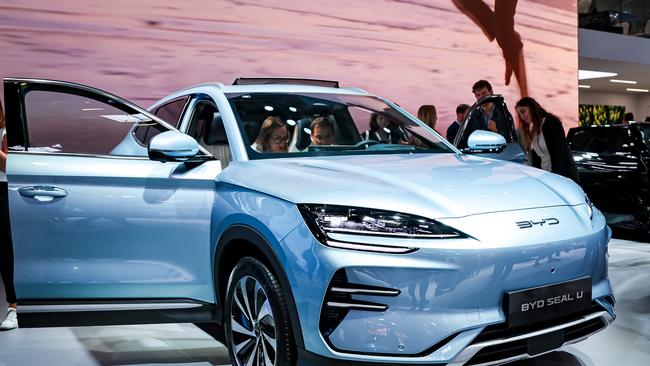
Indeed, Chinese automaker BYD - short for Build Your Dreams - sold 431,603 fully electric vehicles in the third quarter of this year. This compared with Tesla’s 435,059.
And by the end of the year BYD is set to hit 1.8 million EVs, which would tie it with Tesla, which has set the same sales target after selling 1.31 million EVs last year.
The global slowdown in EV sales prompted Toyota chairman Akio Toyoda to say “people are finally seeing reality” at the Japan Mobility Show in Tokyo last week. Toyota has long called for the auto industry to keep investing in hybrid petrol-electric cars rather than just battery electric vehicles (BEVs) to slash emissions.
But Tesla’s public policy vice president Rohan Patel said: “From industrial policy to clean air policy, it is a no-brainer for the Australian people and government to move quickly to battery vehicles”.
“Aussies are too smart than to be tricked by cynical PR that aims to slow the sustainable transportation transition to help sell internal combustion vehicles in the short-term,” Mr Patel wrote on his boss Elon Musk’s social media platform X, formerly known as Twitter.
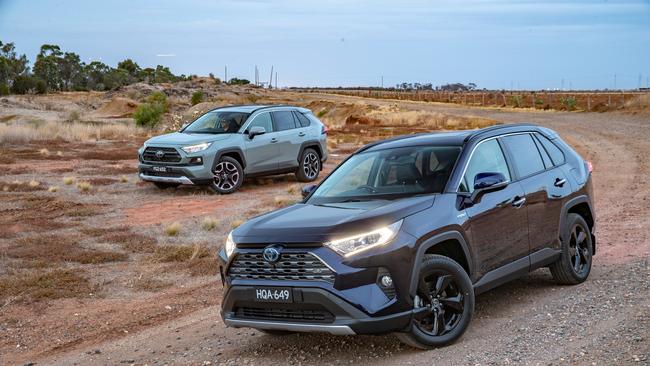


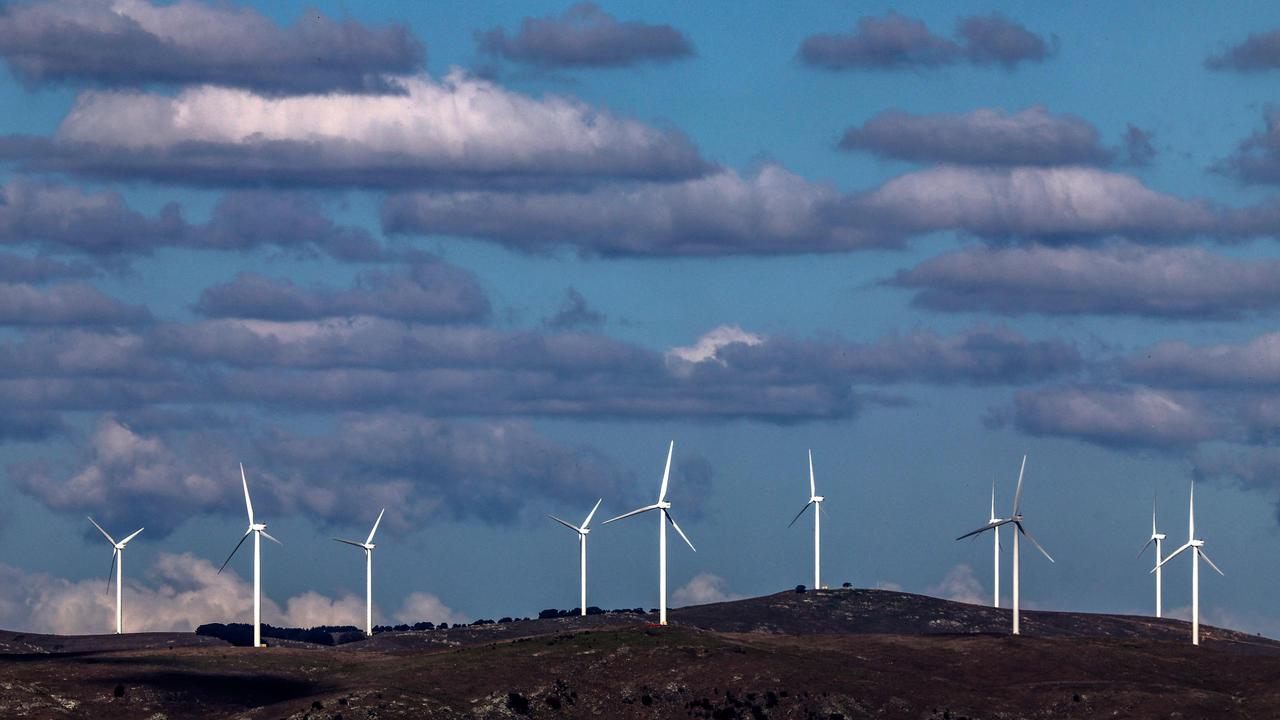
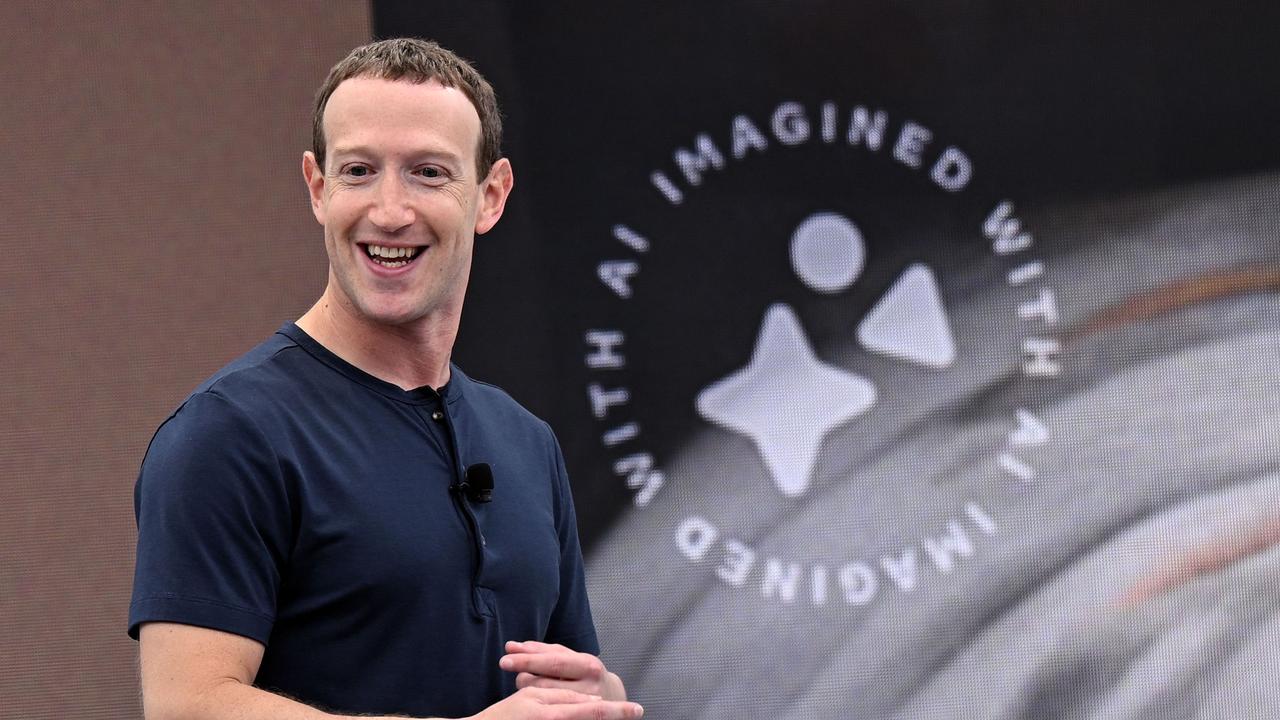
To join the conversation, please log in. Don't have an account? Register
Join the conversation, you are commenting as Logout